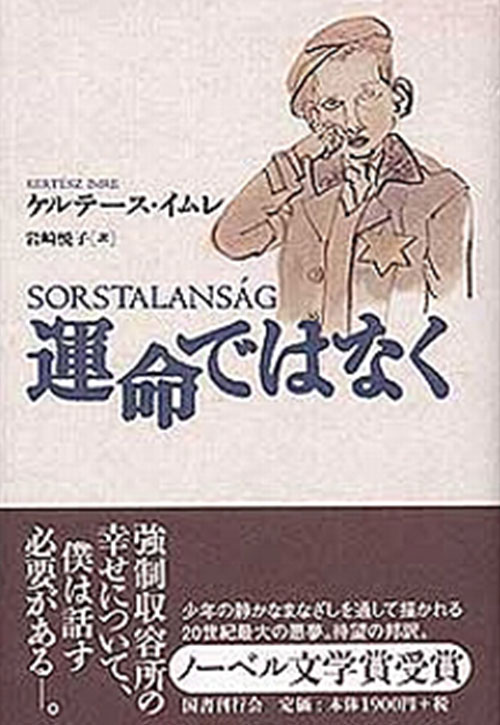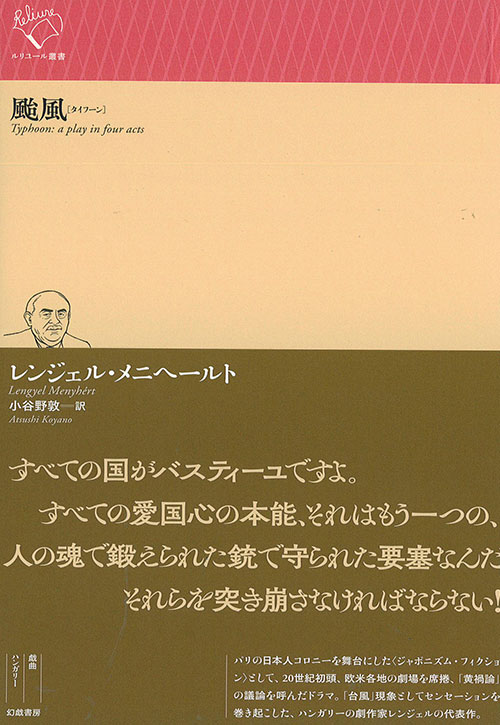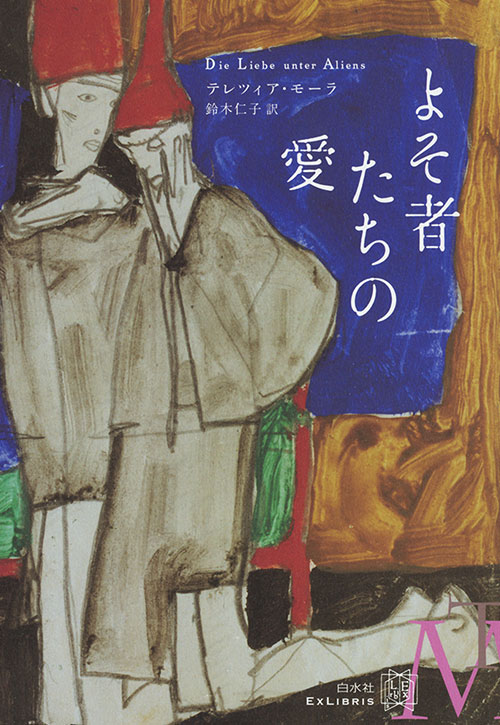
Metropolitan Szabó Ervin Library, Budapest, Hungary, interior
The Márgo Literary Festival is a series of cultural events held regularly in Budapest since 2011, focusing on literature, mainly contemporary Hungarian literature. The purpose of this October event is to popularize literature and create new ways to communicate literature. The Margó Literary Festival and Book Fair is supported by MVM and the National Cultural Fund.
Founded in 2019, this festival brings international literature to Budapest in a new context, with a clear focus on the literature of the Visegrad countries: Poland, Slovakia, the Czech Republic, and Hungary. The broad context includes non-fiction and children’s literature, text and illustration, visual art and performances, which come together in a polyphony of language.
The Festive Book Week, founded in 1929 and typically happening in June, features traditional programming as well as the latest book novelties, cultural programs, autograph sessions, talks, and performances. It is centered in Budapest but more cities are becoming involved. It also has its own price, the Beautiful Hungarian Book Prize.
This annual literary event takes place in April in the City of Debrecen. A celebration of literature and the written word that began in 1971, the festival typically features a wide range of literary activities, including readings, book releases, discussions, workshops, and cultural performances. It serves as a platform for established and emerging writers, poets, and literary figures to share their work with the public.
This annual festival will turn 30 years old in 2024. As one of the most important spaces for Hungarian Literature, it has its own literary award, the Great Price of Budapest. The festival consists of literature evenings, bookshows, conferences, and debates, as well as a program for children. It takes place in spring, although the exact dates varies from year to year.
The Balassi Memorial Sword is an award for European literature since 1997. The sword is presented to an outstanding Hungarian poet and to a foreign poet translating Hungarian literature, including the works of the Hungarian poet Bálint Balassi. Since 2008 the swords are blessed in a a Balassi mass by a bishop. In addition to the weapon the winners receive a diploma, a limited-edition porcelain statue from the famous Herend manufacture, and a bottle of wine
The Attila József Prize is a prestigious literary prize in Hungary. It is named after Attila József, one of Hungary’s most renowned and influential poets of the 20th century. It is presented annually to contemporary Hungarian poets and writers in recognition of outstanding contributions to Hungarian literature. Recipients of the Attila József Prize receive a monetary prize of 200,000 HUF along with recognition for their literary achievements.
The Sándor Bródy Prize is a Hungarian literary award founded in 1995 by Alexander Brody, a Hungarian American, in honor of his grandfather, the Hungarian writer Sándor Bródy. It is given annually for the best first novel of the year. It includes a cash prize of 350,000 HUF and offers financial assistance for the publication of the second novel of the winning author. The author can apply for the prize by submitting his book, and publishers can nominate a book in the same way.
The Janus Pannonius Grand Prize for Poetry is given by PEN Hungary and funded by the Hungarian government. It includes a prize money of 50,000 EUR. The award is named in honor of Hungarian poet Janus Pannonius, who was a prominent figure in European humanism and Renaissance literature. There are also two translation prizes, each awarded with 3,000 EUR.
The Beautiful Book Prize is given to an Hungarian author and his or her work. It is a part of the Book Week and endowed with 200,000 HUF. The winners also get a certificate of recognition. This annual award recognizes books with outstanding artistic and aesthetic elements, including typography, layout, illustration, and overall design. It encourages publishers, designers, and artists to create visually appealing and high-quality books that contribute to the cultural and artistic heritage of Hungary.
The Balassi Memorial Sword is an award for European literature since 1997. The sword is presented to an outstanding Hungarian poet and to a foreign poet translating Hungarian literature, including the works of the Hungarian poet Bálint Balassi. Since 2008 the swords are blessed in a a Balassi mass by a bishop. In addition to the weapon the winners receive a diploma, a limited-edition porcelain statue from the famous Herend manufacture, and a bottle of wine.
The Grand Prize for Poetry Translation is given by PEN Hungary, with each winner awarded with 3,000 EUR. The prize is presented biennially, and recipients typically include poets from diverse linguistic and cultural backgrounds. The prize is a symbol of recognition for the global range and impact of poetry as a literary and cultural form of art.
The Attila József Prize is a prestigious literary prize in Hungary. It is named after Attila József, one of Hungary’s most renowned and influential poets of the 20th century. It is presented annually to contemporary Hungarian poets and writers in recognition of outstanding contributions to Hungarian literature. Recipients of the Attila József Prize receive a monetary prize of 200,000 HUF along with recognition for their literary achievements.
The Visegrad Literary Residency Program consists of a series of residency stays and literary events. It is aimed at writers of fiction and non-fiction, poets, essayists, critics, literary translators, publicists, and journalists from the Czech Republic, Hungary, Poland, and Slovakia. The residency program enables 32 literary residents to carry out their literary projects at four host institutions in spring or autumn.
The Hungarian Writers‘ Residence has different residencies for writers all over the country: in Vácrátót, Pécs, Pannonhalma, Nyíregyháza, Kapolcs and Debrecen. The program in Balatonfüred is reserved for translators only. The goal is to spread knowledge of Hungary and Hungarian literature and to build connections from Hungary to the rest of the world. Residency length varies depending on the city of residence.


